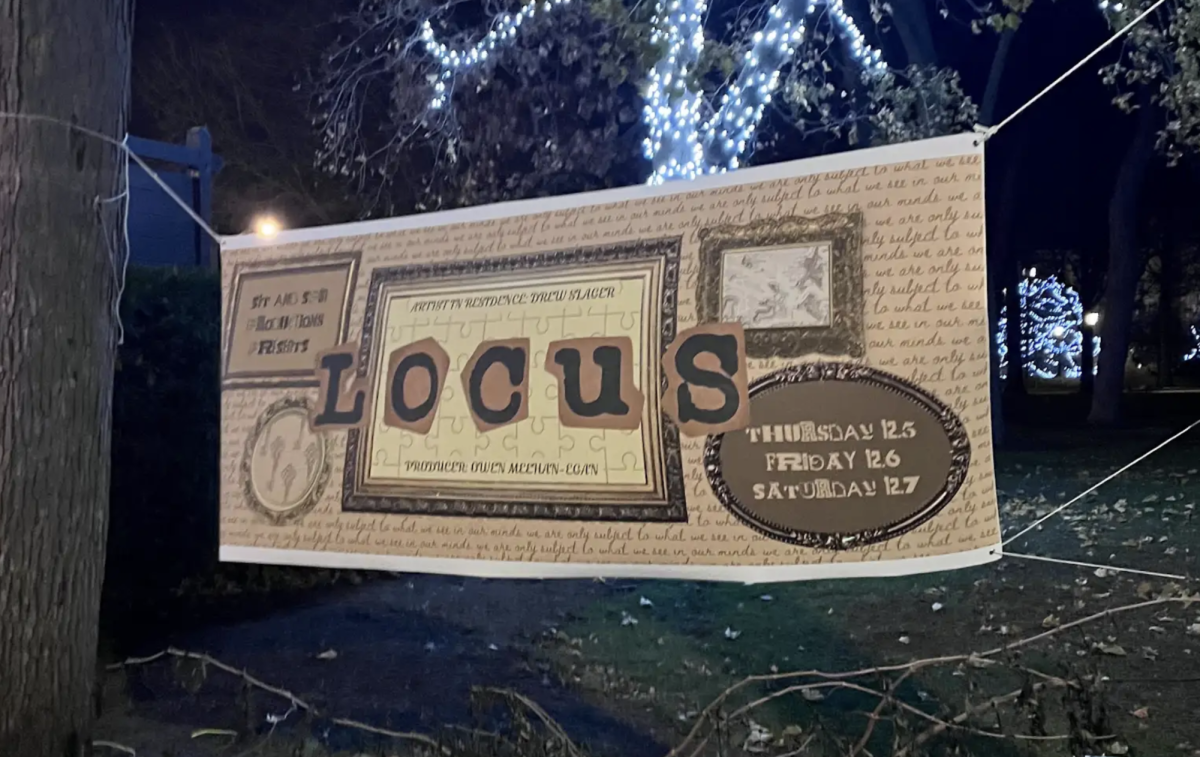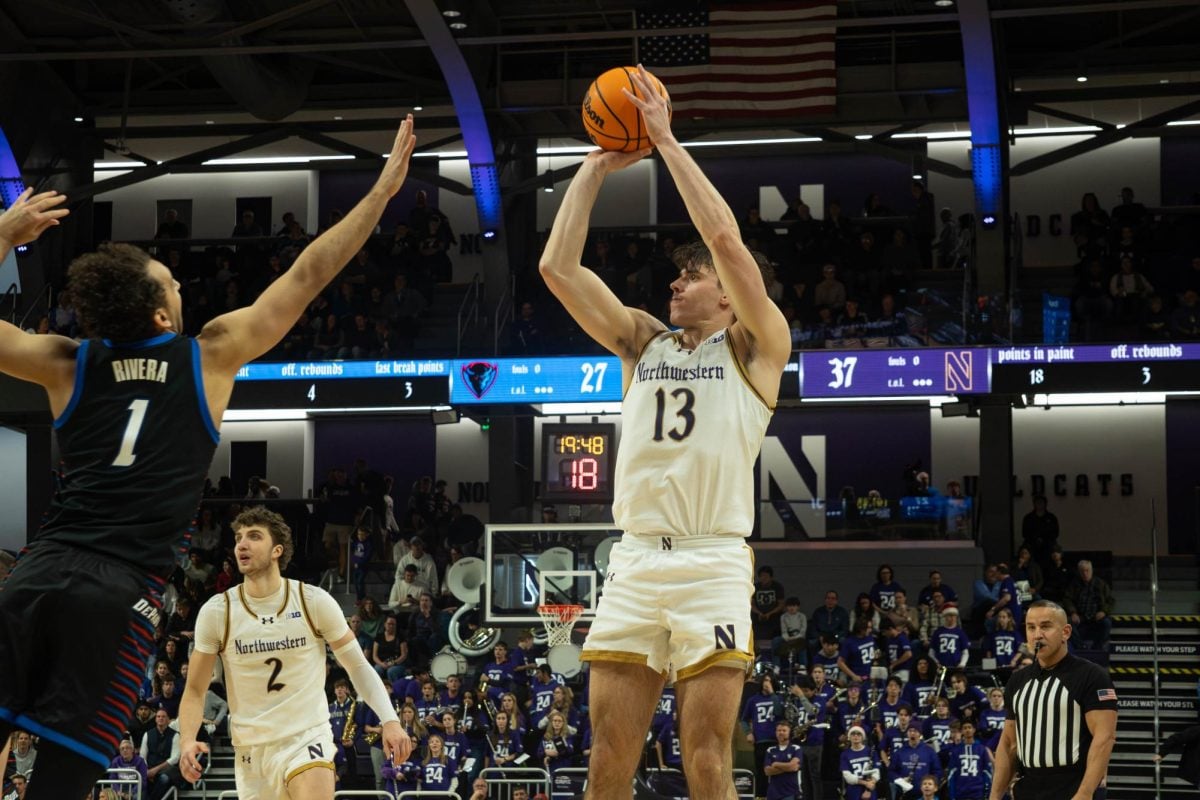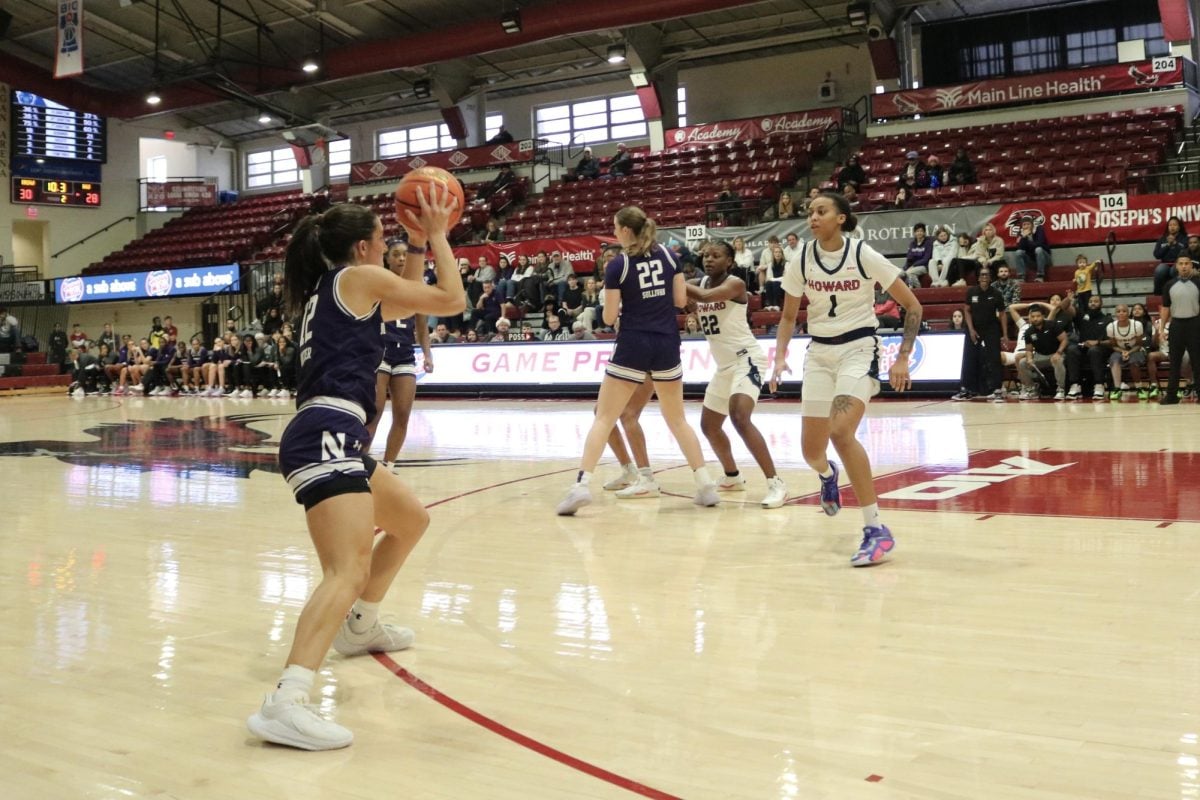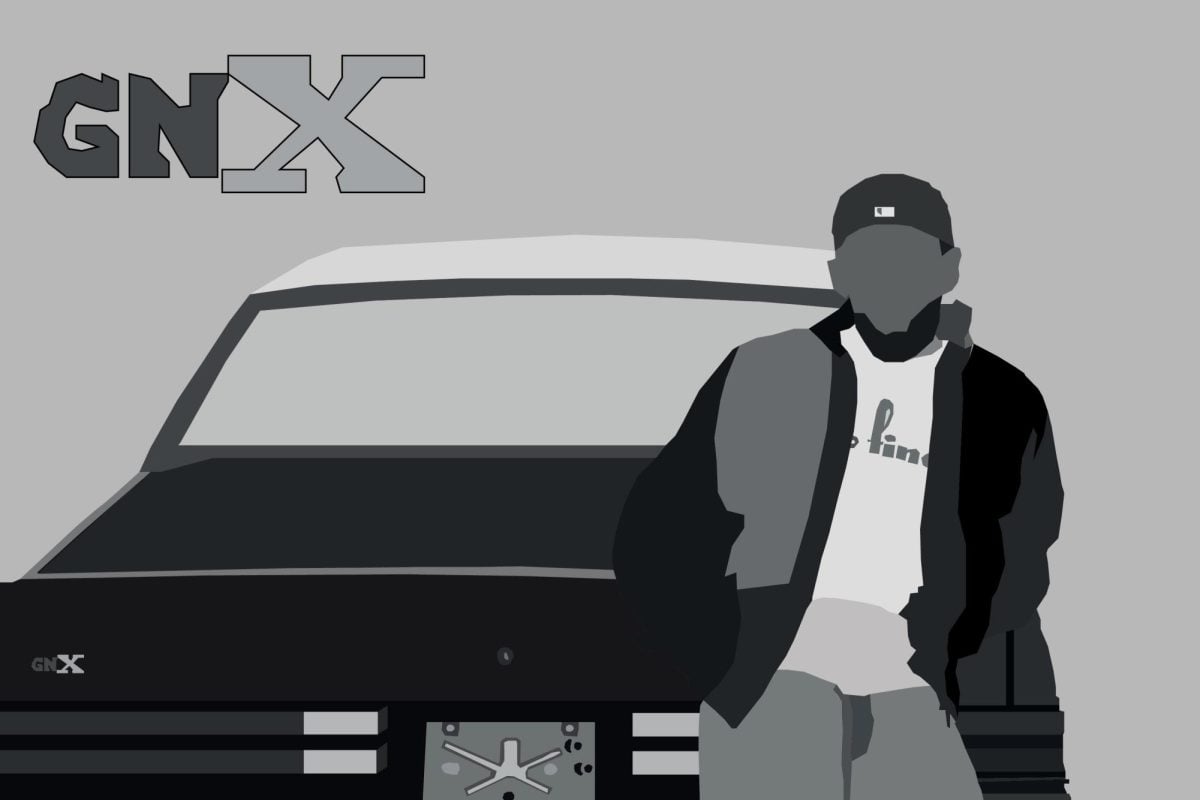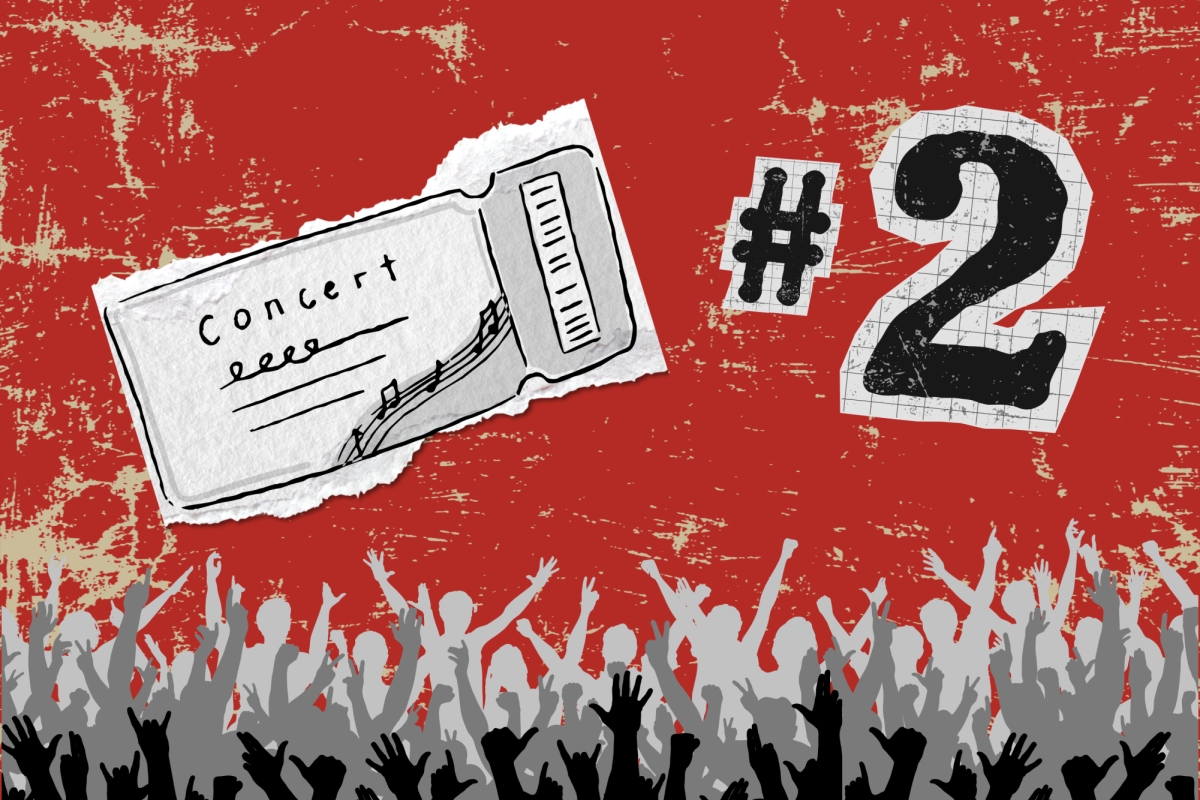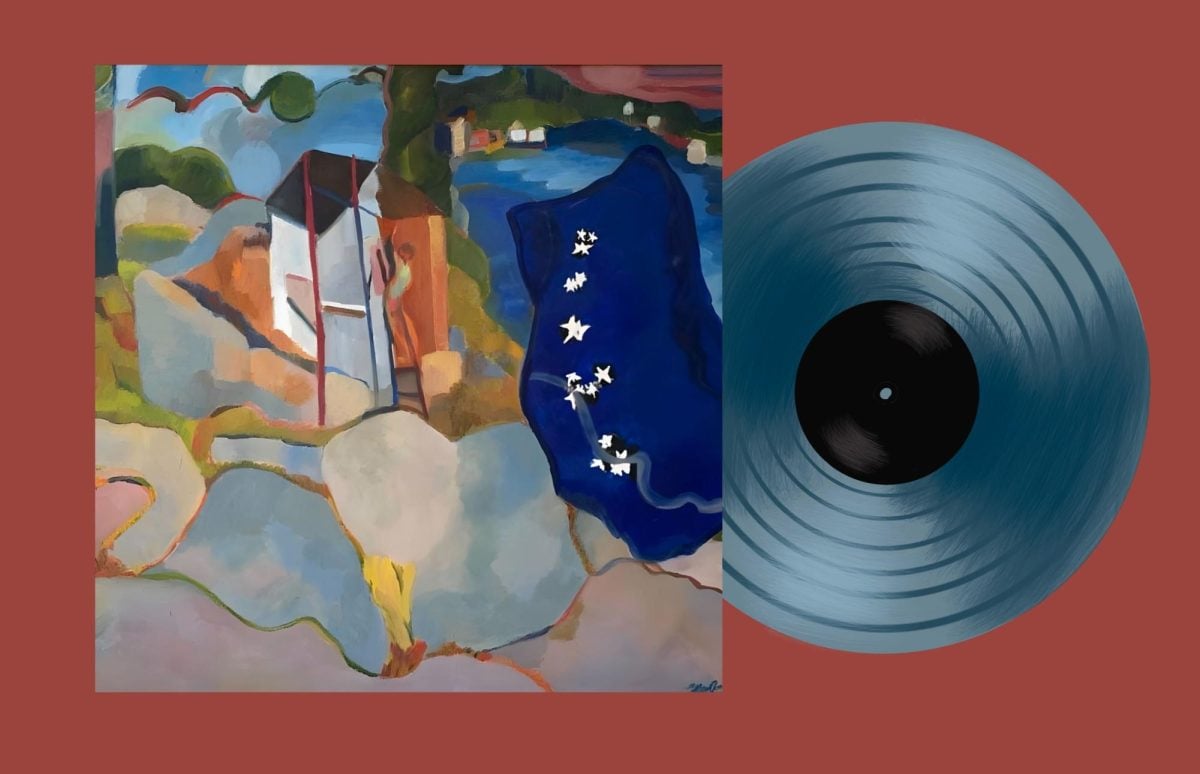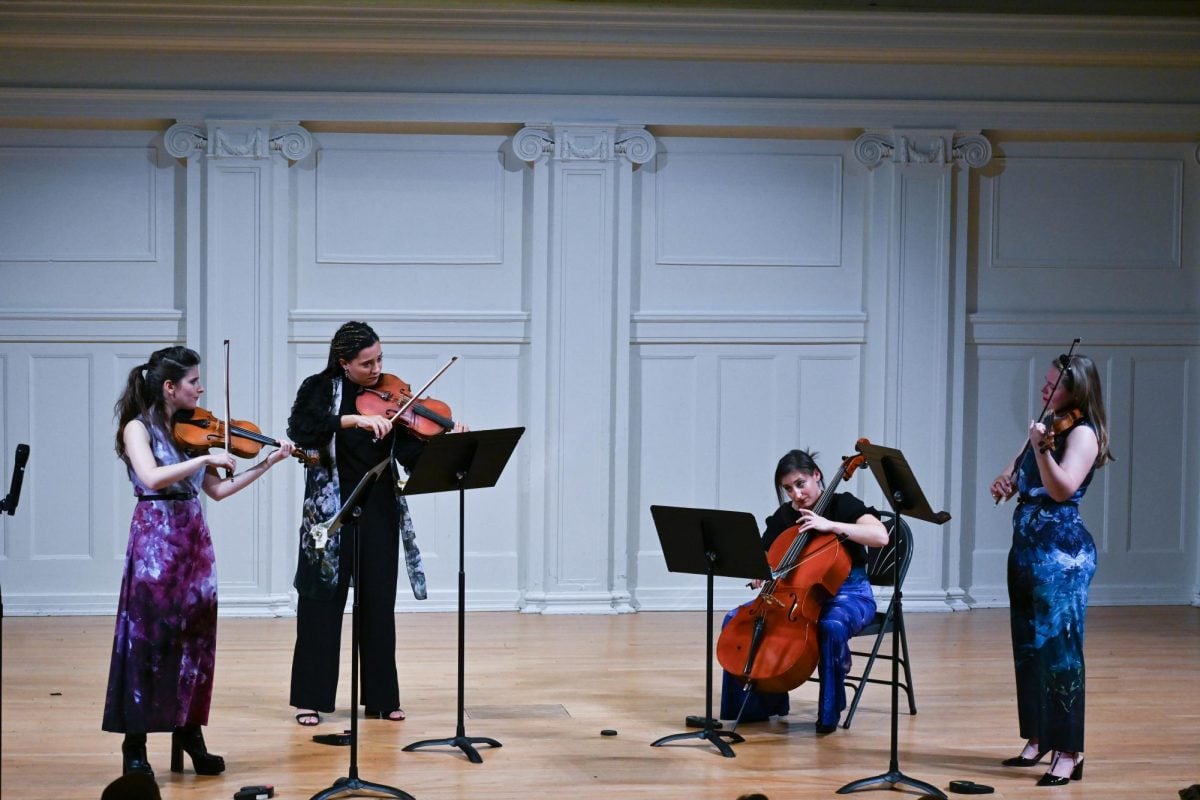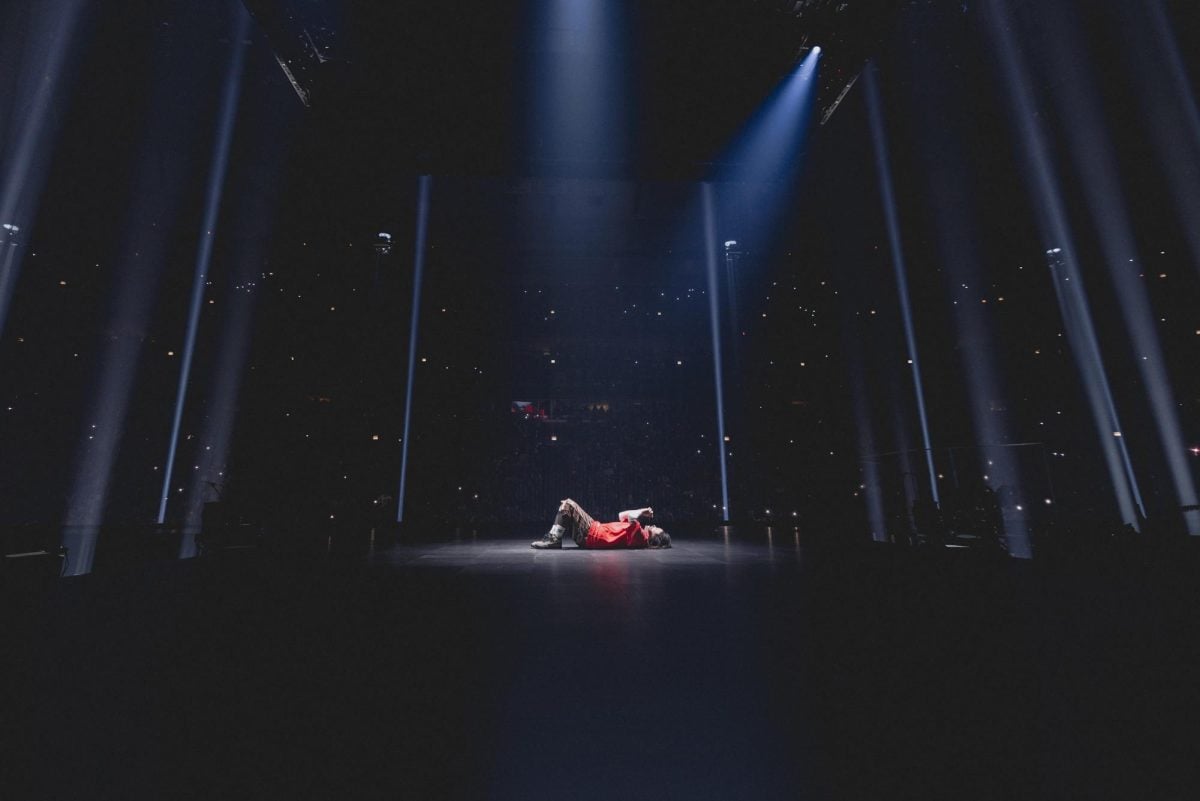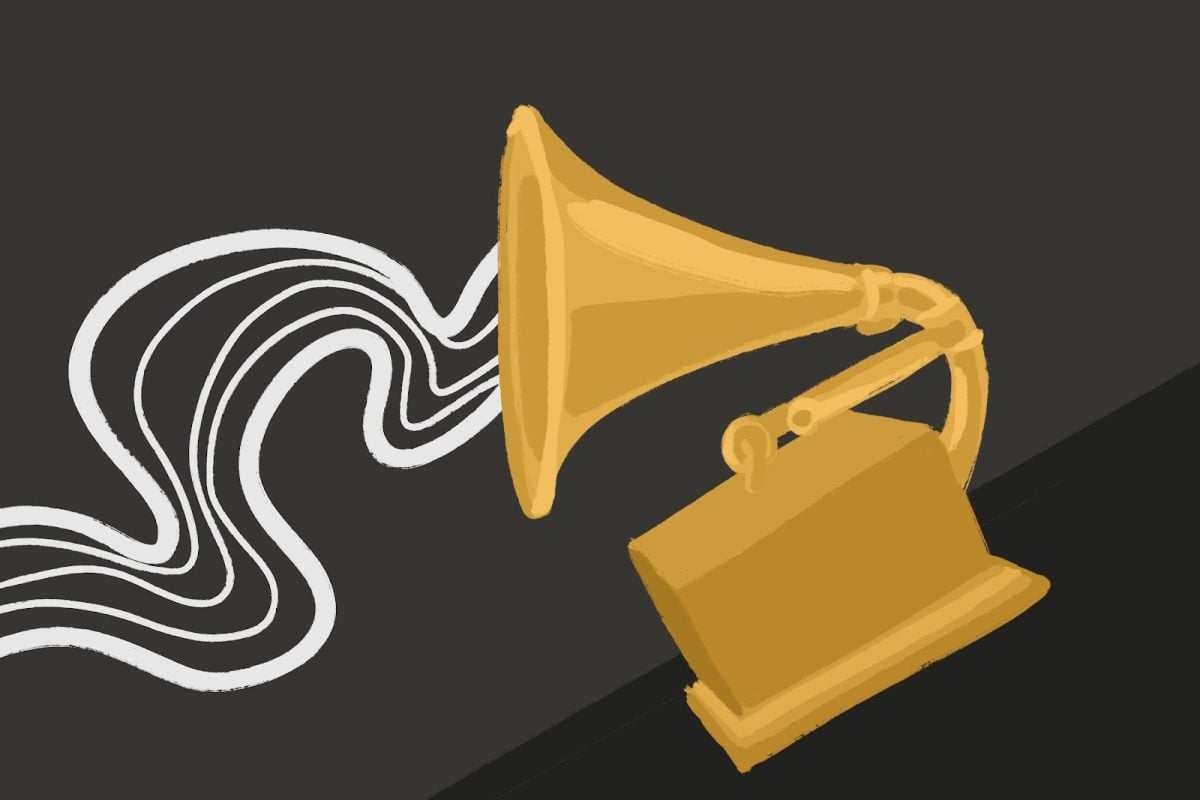Steve Albini (Medill ’85) was many things. Going back to his time at Northwestern, he was unapologetically himself — unafraid to express his views and uncaring of what others thought of him.
The studio engineer and musician died of a heart attack earlier this month at 61.
Albini gained eminence as a studio engineer working with artists like Nirvana, the Pixies and Cheap Trick. As a musician, he fronted for punk bands like Big Black and Shellac.
Through years of creating aggressive rock music with contentious lyrics, Albini faced acclaim and criticism and left behind an impact on the industry itself.
Weinberg senior Zeki Hirsch, who plays in a rock band of his own at NU and interviewed Albini for WNUR’s “Wavelength” magazine in 2022, said he sobbed when he heard one of his heroes had passed away. Hirsch said he was “lucky” to have interviewed Albini.
“It was like one of the gods in my Pantheon just suddenly disappeared,” he said.
Raised in Missoula, Montana, Albini immersed himself in punk music before college. But it wasn’t until his time at NU that he launched his musical career with his punk band Big Black.
He recorded Big Black’s first EP, “Lungs,” during his sophomore year in his Evanston apartment. When he couldn’t find other musicians to play for his band, he decided to record all the instruments and vocals himself with a drum machine and a four-track recording device he acquired from his friend in exchange for a case of beer.
Steve Kay, owner of record store Vintage Vinyl, said he remembered Albini making frequent trips to his record shop, sometimes showing off his music.
“It was definitely a unique sound,” Kay said. “It felt like there was some promise for future projects.”
The promise Kay detected eventually came to fruition. Albini found other musicians suited for his band, recruiting two members from Naked Raygun, one of his favorite Chicago-area punk groups. By the time he graduated from NU, Big Black had signed with a record label and was touring around the country.
As a journalism major at Northwestern, Albini made his voice heard on campus through the student radio station and by joining The Daily. In a 2016 interview with WUSB in Stony Brook, New York, he said he was kicked off the air at WNUR multiple times for his selection of music and for failing to abide by certain protocols.
At The Daily, Albini contributed illustrations and wrote music reviews and editorials. He was brashly straightforward in his writing and a loud critic of NU Greek life and the NROTC program.
Albini was aware that his hostile commentary made him plenty of enemies, though.
“I like going to fraternity parties,” he said in a 1983 article in The Daily. “I like getting thrown out of them even better.”
As part of an art class he was taking, Albini gave open invitations to many of his adversaries on campus to throw things at him while he stood behind a sheet of plexiglass on the lakefront.
According to Albini’s account, items thrown included a brick, a toilet bowl cleaner and a live baby chick. Thanks to the plexiglass, Albini escaped unscathed.
While he often attracted controversy at NU, Albini’s time in Evanston would have an influence on music history. After getting his start at NU, he became a staple of the Chicago music scene through his own music, and by founding his own Chicago music studio, Electrical Audio, in 1997.
Through his life, Albini was known by fans like Hirsch as a tireless worker in the studio, adored for his massive catalog of music and respected for his refusal to take royalties when producing for other artists. The New York Times memorialized him as “a visionary in the studio and one of rock’s most acerbic wits.”
“What matters is that you get off your ass and do something,” Albini wrote in The Daily in 1983. “By doing, you learn everything you need to know, and you’ll probably make something worthwhile in the process.”
Email: [email protected]
X: @skrimstein
Related Stories:
— By the Numbers: All about Dillo Day through the years
— ‘Evening of Stories and Songs’ — Evanston’s Steve Rashid takes on his own Studio5
— Laufey enchants Chicago on aptly named ‘The Goddess Tour’


